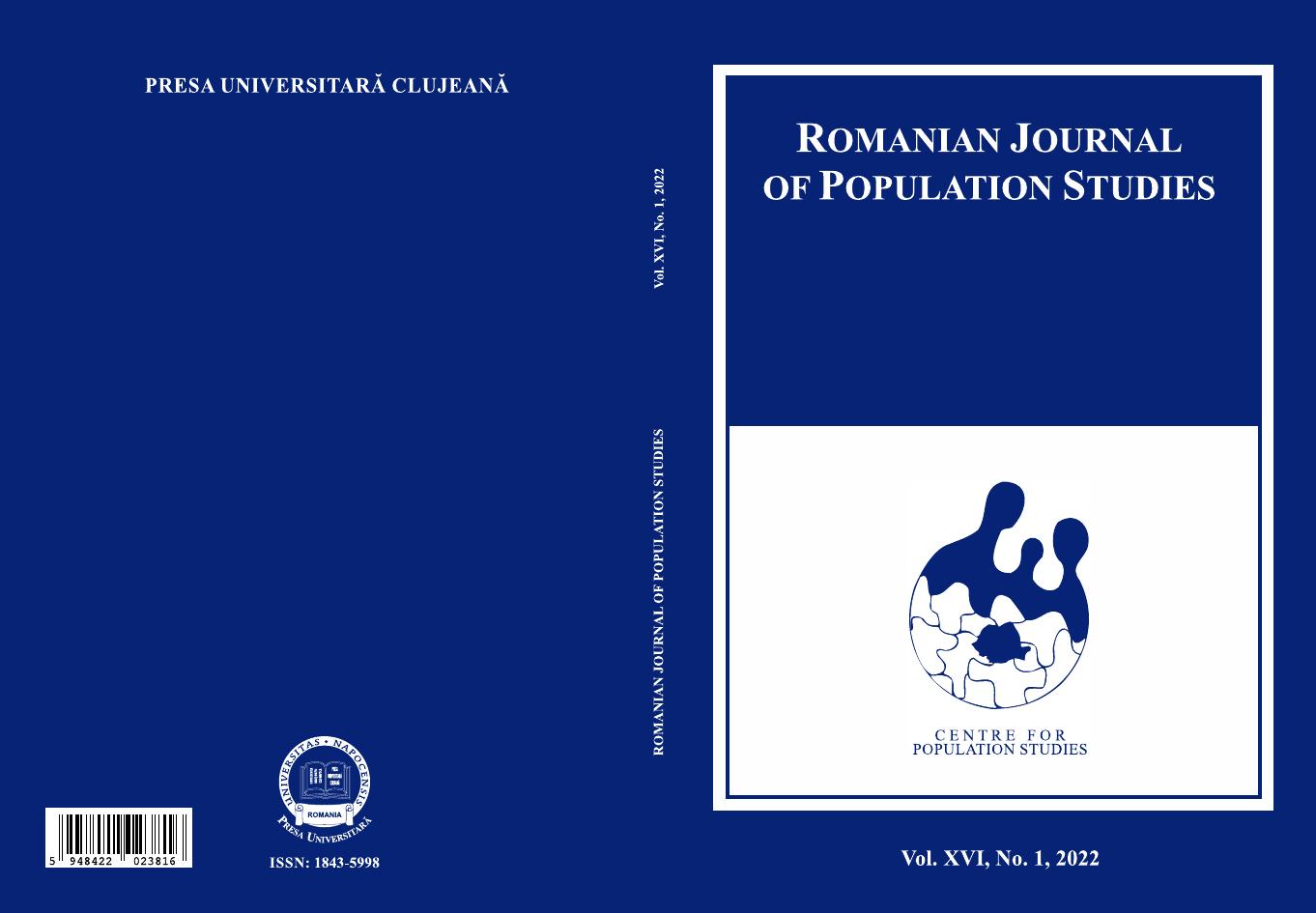The European Rural Stem Family as a Determinant of Illegitimacy
The European Rural Stem Family as a Determinant of Illegitimacy
Author(s): Antoinette Fauve-ChamouxSubject(s): History, Social history, Gender history
Published by: Centrul de Studiere a Populaţiei
Keywords: Stem Family; Resilience; Illegitimacy; Rural property; Single-heirship transmission; Marriage strategy, Servants; Celibacy; Bastardy; Extramarital fertility; Marital nonconformism;
Summary/Abstract: This essay examines to what extend illegitimacy was linked and even determined by rules of non-egalitarian transmission of family assets and values, as single-heir norm, in past Europe. Family transmission systems and mating strategies could explain why some regions, together with a high age at first marriage, used to present an important rate of illegitimacy: high frequency of births out of wedlock was observed in connexion with premarital work for young people, mostly non-inheriting daughters and sons being employed in domestic service. In rural context, this went with late marriage and/or impediments to regular unions, particularly in mountainous areas, that favoured “bastardy” and celibacy. The analyse of family transmission systems allows a better understanding of extramarital fertility. It is argued that the rural stem family was a main determinant of illegitimacy and marital non conformism in past Europe.
Journal: Romanian Journal of Population Studies
- Issue Year: 16/2022
- Issue No: 1
- Page Range: 9-44
- Page Count: 36
- Language: English
- Content File-PDF

